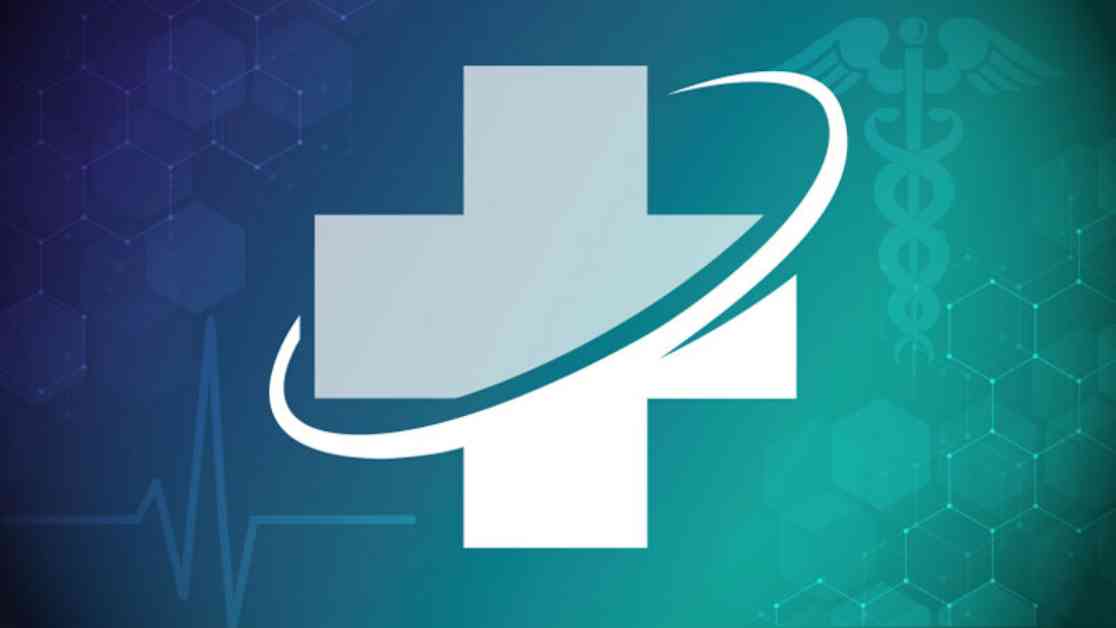State Health Data released today reveals a promising trend in Iowa – a significant decrease in opioid overdose deaths this year compared to the previous year. As of October, only 125 Iowans have succumbed to opioid overdoses, pointing towards a hopeful decline in fatalities. Gabbie Ruggiero from Polk County Behavioral Health and Disability Services sheds light on this positive shift, attributing it to the increased utilization of opioid overdose-reversal drugs in local programs.
Rise in Naloxone Usage
Ruggiero notes that local programs are experiencing a surge in the use of naloxone, an opioid overdose-reversal drug. She mentions that the demand for naloxone is so high that programs struggle to keep up with refills, indicating a significant uptake in the drug’s consumption. This uptick in naloxone usage suggests a rise in non-fatal overdoses, emphasizing the importance of these life-saving interventions.
National Perspective
These positive developments in Iowa align with a national trend reported by the Centers for Disease Control, which recorded a decrease in drug overdoses across the country last year for the first time since 2018. The concerted efforts to combat opioid overdoses at both the local and national levels appear to be yielding tangible results, offering hope for communities grappling with this public health crisis.
A Personal Reflection
As someone who has witnessed the devastating impact of opioid overdoses on families and communities, this decline in deaths brings a glimmer of hope. It signifies progress in our collective fight against substance abuse and highlights the importance of access to vital resources like naloxone. Let’s continue to support initiatives that promote prevention, education, and treatment to ensure that this positive trajectory persists.
In conclusion, the decrease in opioid overdose deaths in Iowa reflects a positive shift in the ongoing battle against substance abuse. By prioritizing interventions such as naloxone distribution and expanding addiction support services, we can work towards a future where lives are saved, and communities are strengthened.









